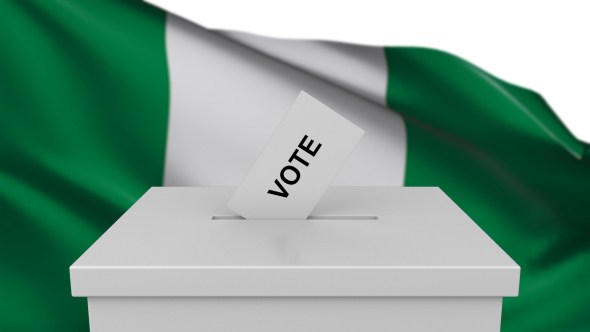
In the vibrant and diverse democratic landscape of Nigeria, effective voter education is key to empowering citizens and fostering participatory governance. The right tools for voter education can significantly enhance the understanding and engagement of voters in the electoral process. This blog post delves into the various voter education tools available for Nigerian voters, assessing their effectiveness and impact.
Traditional Voter Education Tools
- Public Workshops and Seminars: Organized by NGOs, electoral bodies, and community groups, these events provide platforms for direct interaction and learning.
- Print Media: Flyers, brochures, and posters distributed in public spaces remain crucial in disseminating information, especially in areas with limited internet access.
- Radio and Television Broadcasts: Given Nigeria’s diverse linguistic landscape, radio and TV programs in multiple languages are effective in reaching a broad audience.
Digital and Online Tools
- Social Media Campaigns: Platforms like Facebook, Twitter, and Instagram are used for engaging younger demographics, sharing updates, and countering misinformation.
- Informative Websites and Portals: Websites such as the Independent National Electoral Commission’s (INEC) provide resources, election guides, and FAQs for voters.
- Mobile Apps: Apps designed for voter education offer convenience, providing information on voting procedures, polling station locations, and election dates.
Interactive and Engaging Tools
- Educational Games and Quizzes: Interactive games and online quizzes can make learning about the electoral process engaging and memorable, especially for young voters.
- Simulations and Virtual Reality: These innovative tools allow voters to experience the voting process virtually, reducing anxiety and confusion about actual polling days.
Community-Based Approaches
- Town Hall Meetings: These meetings encourage dialogue between voters, candidates, and officials, fostering a sense of community involvement.
- Street Theater and Cultural Performances: Utilizing local art forms and performances can be an effective way to convey electoral information in a culturally relevant manner.
Challenges and Opportunities
- Digital Divide: While digital tools are effective, the digital divide in Nigeria means that a significant portion of the population may be left out.
- Misinformation: The challenge of misinformation, particularly on social media, requires ongoing efforts to provide accurate and reliable information.
- Language Barriers: Addressing the multilingual nature of Nigeria is crucial in ensuring that voter education tools are accessible to all linguistic groups.
The landscape of voter education tools for Nigerian voters is diverse and evolving. From traditional methods like workshops and radio broadcasts to digital innovations like social media campaigns and mobile apps, each tool plays a vital role in enhancing the electoral knowledge and participation of Nigerian citizens. As Nigeria continues to advance its democratic processes, the adaptation and expansion of these tools to meet the needs of its diverse population will be crucial for inclusive and informed voter participation.
